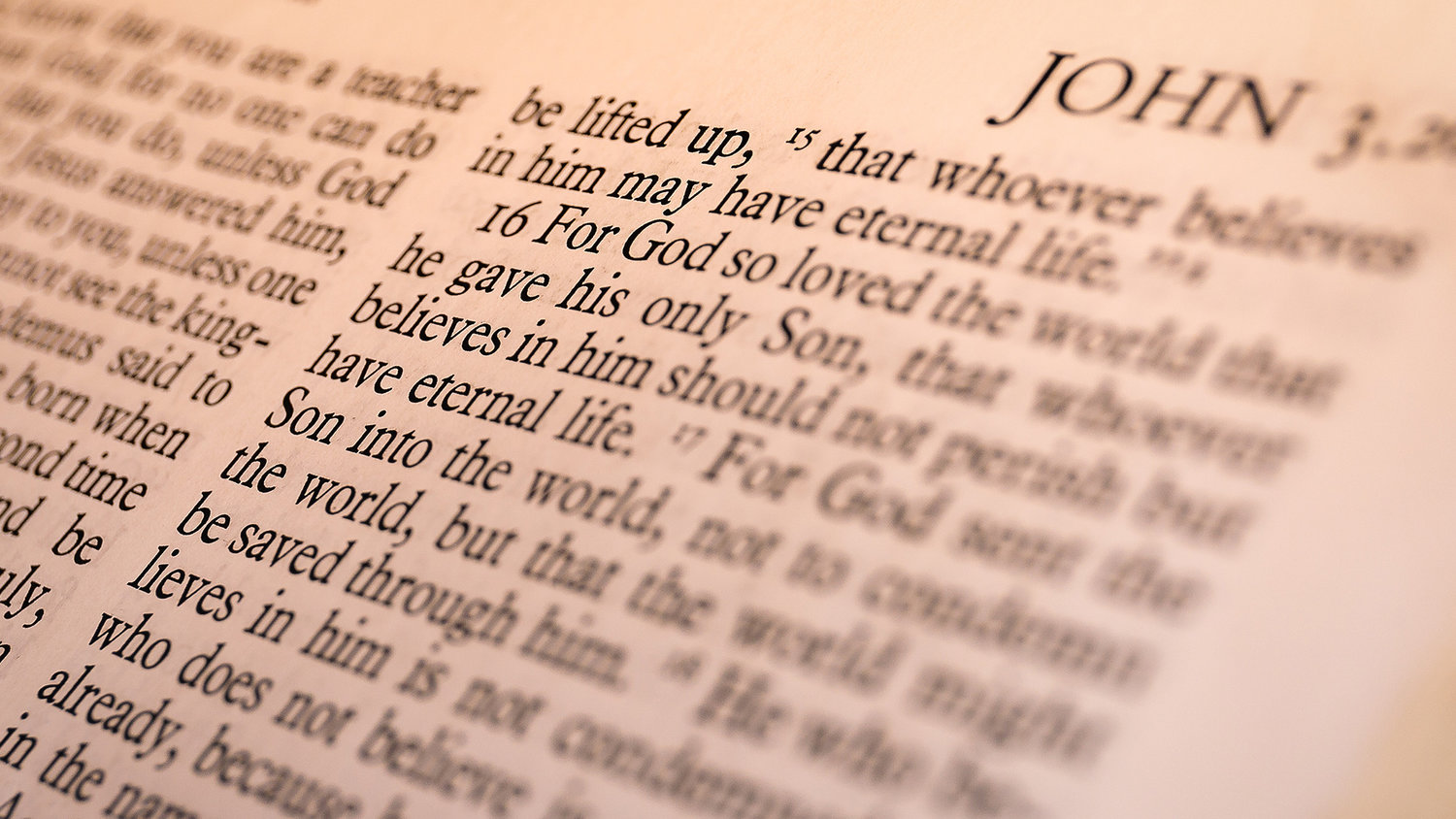GETTING THE MESSAGE/The deep, deep love of Christ for you
When Jesus prayed to his Father in John 17, he said this is eternal life: “That they may know you, the only true God, and Jesus Christ whom you have sent.” To “know” is a term of endearment, an expression of love. Through Christ, God is to be our closest relation, the one whom we have the deepest love for. And we love him because he first loved us.
The Song of Solomon is a book that uses the love between a man and his bride as a lens to view Christ’s love to his church, the people whom he has redeemed for himself. If you don’t know Christ this passage (Song of Solomon 5:2)) may help you see how great a love you have rejected. If you do know him (love him), it can help awaken and grow your love to Christ by seeing his love for you.
In verse 2 the bride says, “I slept, but my heart was awake.” This describes a Christian in a spiritual sleep, a state of decline or neglect in her communion with Christ. It is a change from the opening of the chapter that describes a rich communion between Christ and her. Her heart was still awake, there was still the light of Christ there, but it had been dimmed.
The Christian life is sort of a paradox. We have ebbs and flows in our spiritual walk with Christ. One season we feel we can do all things through Christ, the next we may be dull or hard in heart, things that accompany spiritual sleep.
Nevertheless, the believer still knows the voice of Christ. His “knocking” we see in verse 2 is his word coming to believers telling them to awaken and give Christ the proper place in their heart. They are blessed words that lay claim that the believer belongs to Christ: “Open to me, my sister, my love, my dove, my perfect one.”
My “sister” refers to the near relation Christ is to his people. He is the elder brother who gave himself as a ransom for his people to pay the debt of their sin. It speaks of the true humanity of Christ and his concern for his people. The Lord follows that with “my love.” Everyone loves their own. Christ is pleased with his conquest of making you his own. He loved you and gave himself for you.
“My dove,” reminds us that the dove symbolized that the flood waters of judgment were abated. When Jesus was baptized, an act that meant he was identifying himself with sinners and taking up their cause, the Holy Spirit came and rested upon him in the form of a dove because he was making peace with God for sinners. It is in Christ we have peace with God and can be spoken of as his dove.
“My perfect one,” means undefiled. We deserve none of these designations, but this one is the most stunning. We are children of Adam, polluted and defiled in sin, which we know very well. This is not a man blinded to the faults of his wife due to his affection for her; this is Christ the Lord, who knows our corruption perfectly, saying we are spotless and righteous in his sight. When he says to you, “my perfect one,” he means he didn’t leave you in the condition you were in. He cleansed you from sin.
So the Lord says this to the believer in a state of indifference to him, so that he will respond and open the heart of his affections and give Christ the highest place once again. He says, “For my head is wet with dew, my locks with the drops of the night.” The Lord is comparing himself to one who has a right to the home he purchased (your heart) but has been shut out for a long time - too long.
In spiritual sleep we become so pre-occupied with other things and concerns that Christ has lost his proper place in our hearts. So his word reminds us only one thing is necessary: listening to him and remembering how great our need of him was and will remain while we are in this world. So he awakens us to follow him and bear fruit in his name.
If you know Christ, you can be thankful he will never be content with you neglecting him. He has in mind what is blessed for you. Samuel Rutherford once wrote, “I dare not thank myself, but dare think God’s wise providence, that I have a desire in me, while I live, for Christ to come and visit me, and bring with him his healing medicine and the balm of his word.”



